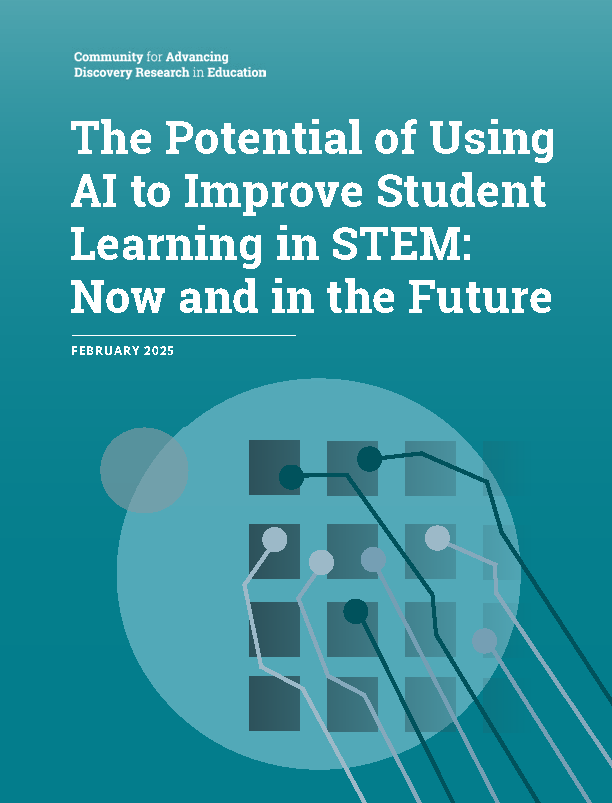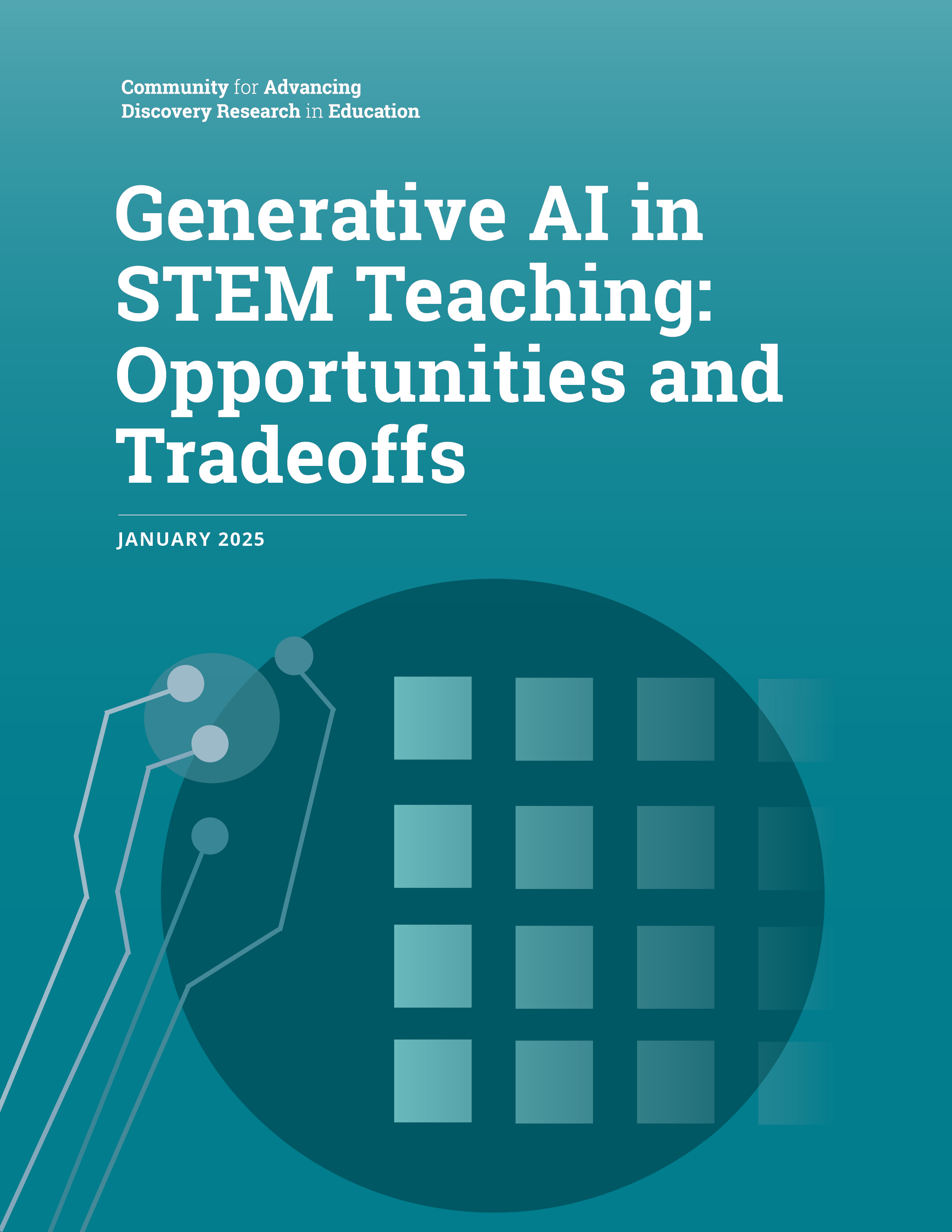Unpacking the Nuances: An Exploratory Multilevel Analysis on the Operationalization of Integrated STEM Education and Student Attitudinal Change
Integrated STEM education (iSTEM) is recognized for its potential to improve students’ scientific and mathematical knowledge, as well as to nurture positive attitudes toward STEM, which are essential for motivating students to consider STEM-related careers. While prior studies have examined the relationship between specific iSTEM activities or curricula and changes in student attitudes, research is lacking on how the aspects of iSTEM are operationalized and their influence on shifts in student attitudes towards STEM, especially when considering the role of demographic factors.
Integrated STEM education (iSTEM) is recognized for its potential to improve students’ scientific and mathematical knowledge, as well as to nurture positive attitudes toward STEM, which are essential for motivating students to consider STEM-related careers. While prior studies have examined the relationship between specific iSTEM activities or curricula and changes in student attitudes, research is lacking on how the aspects of iSTEM are operationalized and their influence on shifts in student attitudes towards STEM, especially when considering the role of demographic factors. Addressing this gap, our study applied multilevel modeling to analyze how different iSTEM aspects and demographic variables predict changes in student attitudes.
 In this brief, authors Namsoo Shin, Kevin Haudek, and Joseph Krajcik explore how artificial intelligence (AI) can serve as a transformative learning partner in K–12 STEM education.
In this brief, authors Namsoo Shin, Kevin Haudek, and Joseph Krajcik explore how artificial intelligence (AI) can serve as a transformative learning partner in K–12 STEM education. In this brief, the authors Jeremy Price and Shuchi Grover explore the exciting possibilities and critical challenges of generative AI (GenAI) for STEM teaching.
In this brief, the authors Jeremy Price and Shuchi Grover explore the exciting possibilities and critical challenges of generative AI (GenAI) for STEM teaching.